The U.S. treasury secretary delivered a speech on Thursday that appeared to update the U.S.-China relationship, opposing economic "decoupling" but also maintaining an aggressive approach on various issues.
The speech by Treasury Secretary Janet Yellen at Johns Hopkins University's School of Advanced International Studies in Washington DC followed months of acrimony between the two nations over issues such as Taiwan, the Russia-Ukraine conflict and a stray balloon over U.S. skies.
"The U.S. will assert ourselves when our vital interests are at stake," Yellen said. "But we do not seek to 'decouple' our economy from China's. A full separation of our economies would be disastrous for both countries. It would be destabilizing for the rest of the world."
Yellen said that she and President Joe Biden do not see the bilateral relationship as a zero-sum contest "where one must fall for the other to rise".
"We believe that the world is big enough for both of us," she said.
She said that the Biden administration's economic strategy is centered around investing in infrastructure, clean energy and technology manufacturing, "not suppressing or containing any other economy".
But U.S. instituted controls on exports of semiconductors to China for chips used in artificial intelligence, supercomputers and for other purposes. A license would be required for such exports.
The CHIPS Act passed by the U.S. Congress in August subsidizes new manufacturing of semiconductors, clean cars and solar panels in the U.S.. The act includes $39 billion worth of subsidies for semiconductor manufacturing on U.S. soil.
"When we think about these kinds of tensions between the United States and China and all these restrictive measures, we tend to think about punishing or hurting China or slowing down its progress," said Yukon Huang, senior fellow at the Carnegie Endowment for International Peace and former World Bank country director for China.
"We don't actually realize it also has a significantly negative effect on the United States, and it has very significant effects globally in a negative way," he said at a recent webinar examining U.S.-China economic relations.
Yellen urged China to work with the United States on challenges such as helping indebted countries and addressing climate change.
But China has refuted criticism that it is burdening developing countries with debt. It is not the source of "debt traps" for African countries, but a partner that helps those nations get out of poverty traps, Foreign Ministry spokesman Wang Wenbin said on April 10.
He rejected the accusations as groundless, saying that they were a "narrative trap" fabricated by Western politicians in an attempt to disrupt cooperation between China and developing countries.
Scott Kennedy, a senior adviser at the Center for Strategic and International Studies, said Yellen's speech countered "the general atmosphere in Washington and Beijing that the U.S. and China are destined to decouple and fight a war", The New York Times reported.
He said the administration "has now clearly differentiated itself from the Trump administration in its approach to China".
The speech also contained some lecturing.
Yellen warned China not to provide material support for Russia in its conflict with Ukraine, threatening that the consequences of violating U.S. sanctions on Russia "will be severe".
The U.S., in turn, has sent tens of billions of dollars to Ukraine in military and other aid.
The sanctions against Russia also have been questioned by several countries around the world, particularly those in the BRICS nations (Brazil, Russia, India, China and South Africa) who have discussed creating their own currency to counter the brunt of U.S. economic sanctions.
Liu Pengyu, a spokesman for the Chinese embassy in Washington, said earlier: "China does not shy away or flinch from competition. However, we oppose defining the entire China-U.S. relations by competition, oppose the generalization of the concept of national security, oppose decoupling even at the expense of global industrial and supply chains."
Ling Chen, an assistant professor in political economy at the School of Advanced International Studies, told The New York Times that "the potential problem (of restricting sales of technology) is we live in a world where security issues and economic issues are increasingly intertwined. It's very hard to separate."
But she called Yellen's comments about cooperation welcome.
"Nobody wants a war," she said.
Yellen said she planned to travel to China "at the appropriate time" to engage in a "substantive dialogue on economic issues".









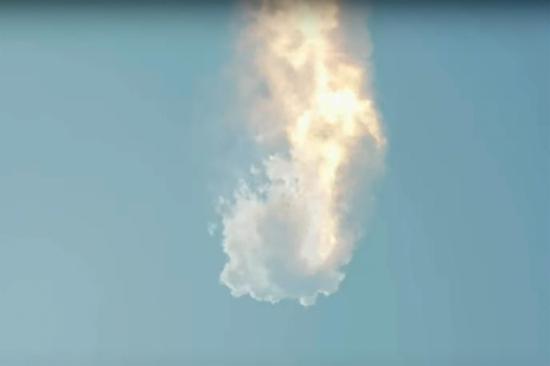


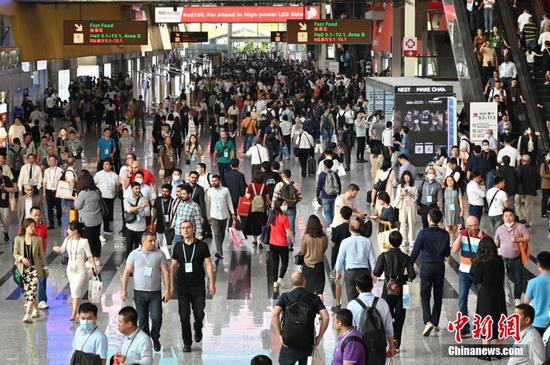
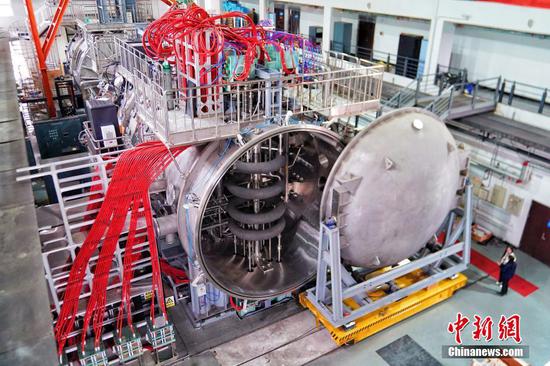














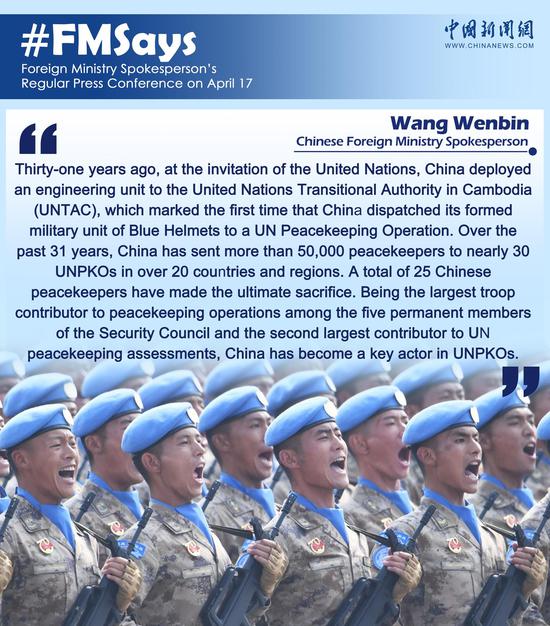

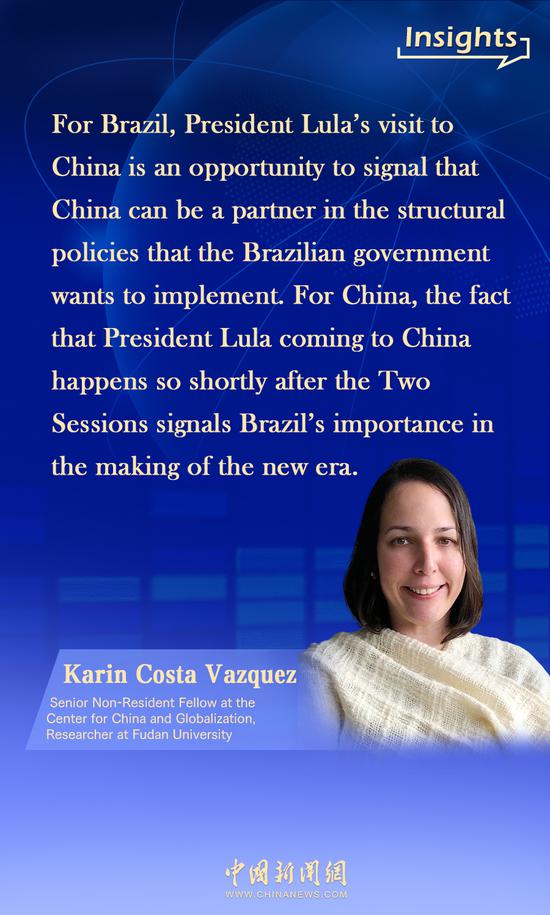



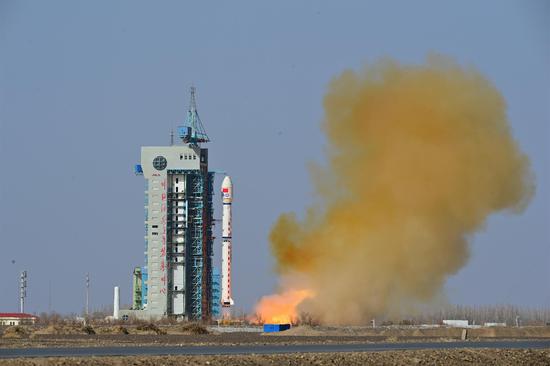







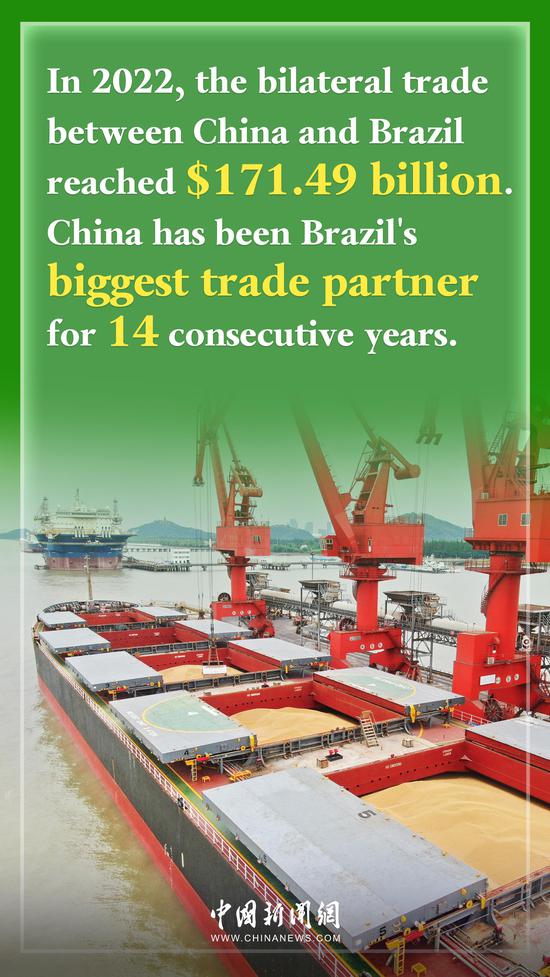
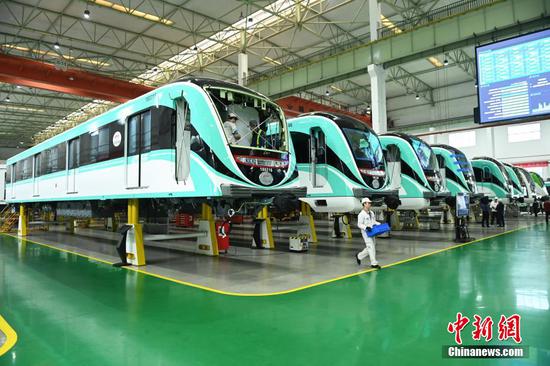






 京公網安備 11010202009201號
京公網安備 11010202009201號